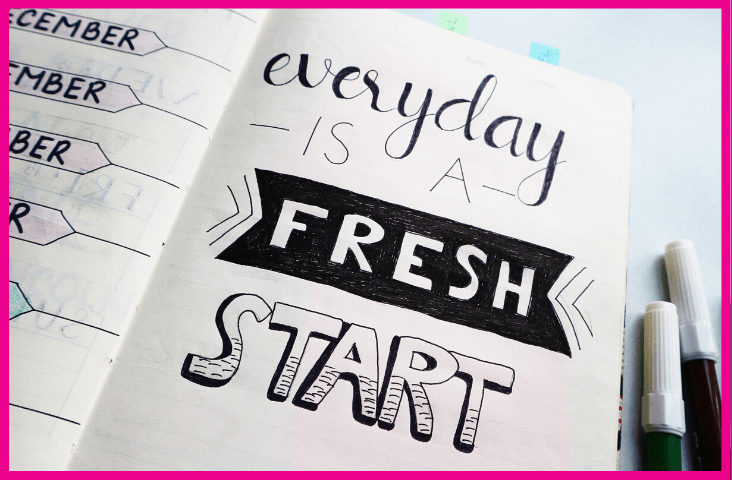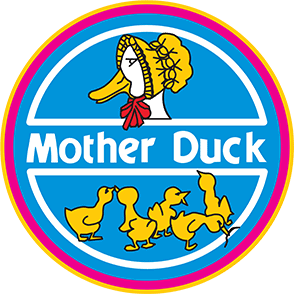
Our inner self talk – how it builds up and knocks down self confidence.
How we view ourselves directly impacts our mental and emotional wellbeing. A “healthy self-image” can be developed when we understand and acknowledge our intrinsic value and worth as a human being. This healthy self-image helps us have confidence to be vulnerable, embracing mistakes as opportunities to grow, rather than sending us on a downward spiral of shame and doubt.
There are many factors that impact our self-image and many of these are out of our control (eg. up-bringing, relationships, health, life circumstances). However, one major factor we can learn to control is the way we talk to ourselves.
As a mother to three young children I’m constantly grappling with my “inner self-talk”. Nothing has ever caused me to question or doubt myself more than being a parent to three very different children, with very different needs and contrasting personalities. And although there is nothing wrong with doubting and questioning (these can be helpful thoughts that lead to growth!), the danger is when I get stuck in my doubt. I think of it kind of like a broken record that gets stuck on the one phrase over and over and over. The dangerous part of getting stuck on a negative thought, is that very often this thought almost becomes so loud and intrusive, I almost stop noticing it. It becomes my “inner normal”. This is when self-doubt or questioning myself (“I’m not good at this.”, “Why do I always let people down?”), stops being helpful and begins to eat away at my self-esteem, self-confidence and self-worth.

Have you listened to your “inner voice” lately? Is it constantly critical? Full of doubt? Or perhaps it is continually finding comparisons with others that make you feel like you just don’t measure up?
Here are some strategies that might help:
1. One of the first steps to building a healthy self-image is learning to catch the self talk that feeds shame and doubt and acknowledge it for what it is- unhelpful.
2. The second step is to remind yourself that you ARE allowed to make mistakes, but that your value is not defined or diminished by these mistakes. Mistakes are part of being human and nobody is exempt from them (unfortunately!).
3. The third step is to adopt a growth mindset- “I may not be the best at….. right now, but I am doing the best I can and I will continue to grow and get better”.
Parenting children is really hard work and one of the pressures we often face is wanting to raise our children the “right way”. On my journey over the last 7 years I have been slowly learning that in order to support my children to be resilient, confident, kind and empathetic, the “right way” to go about this is to first work on myself. I will never be perfect (and I’m slowly learning to be okay with that!). But I can model to my children what it is to struggle, to make mistakes and go through life’s ups and downs in a way that demonstrates resilience, confidence, kindness and empathy to the best of my ability. It won’t be perfect, it will be messy, but I will continue to offer my best.
Take some time to be kind to yourself and to listen to your inner voice. Then take charge of this voice and remind yourself of your value and remember that mistakes are a part of being human. And, while mistakes are powerful learning opportunities, they never have enough power to diminish your value or worth as a human being.
*Note- this advice should not replace professional or medical advice. Should you be concerned for your mental/physical wellbeing (or that of someone else), please seek professional advice. The following links maybe helpful:
https://www.beyondblue.org.au
https://www.lifeline.org.au


